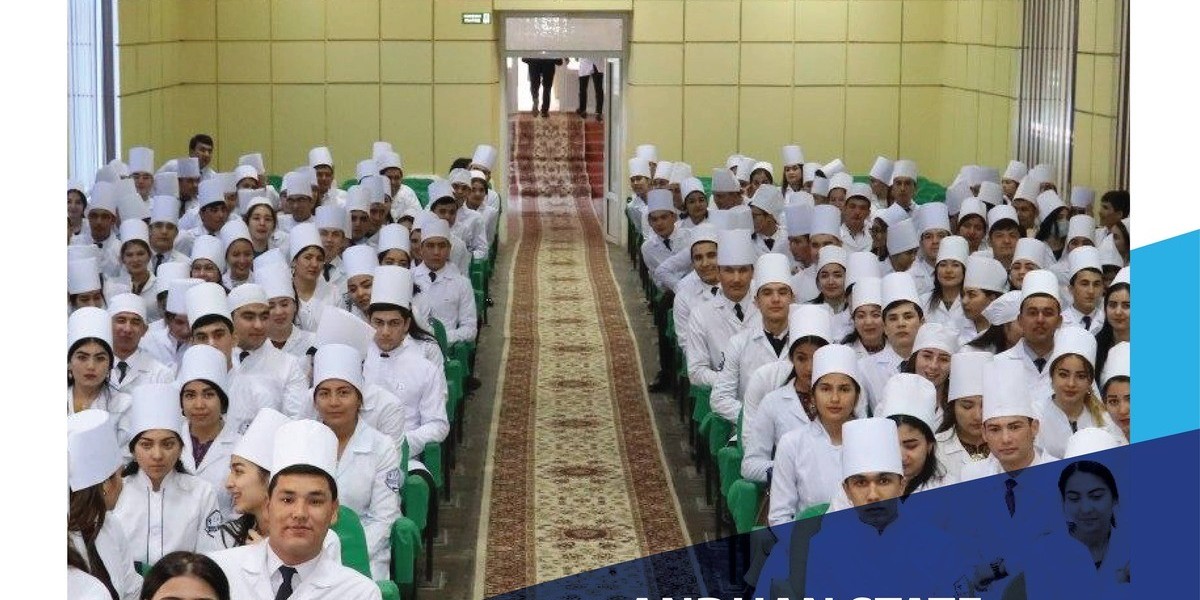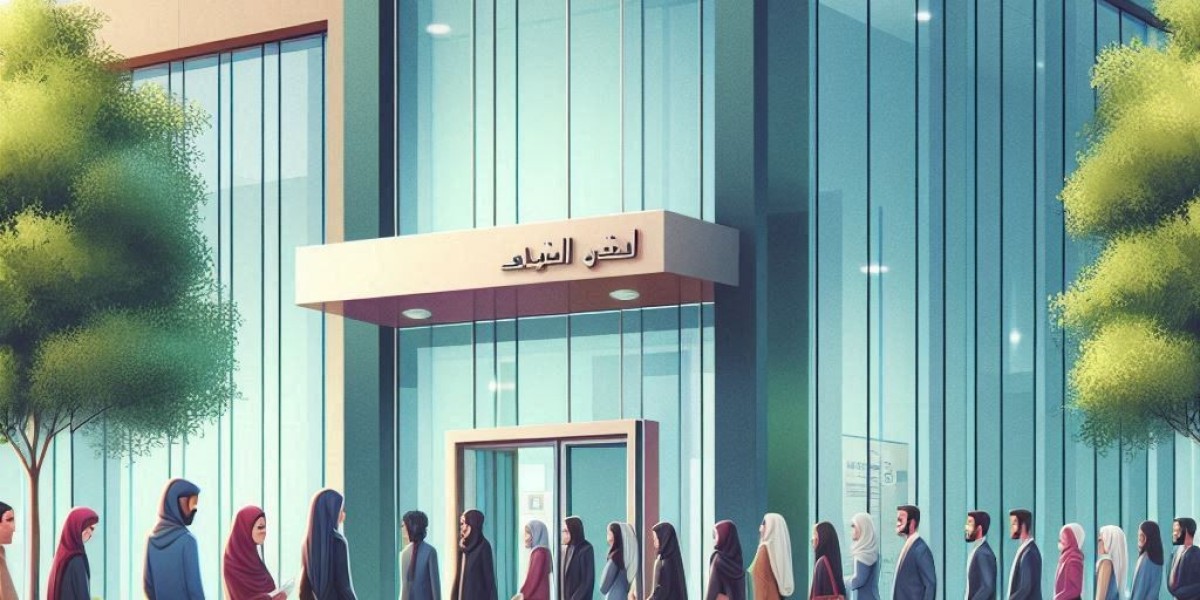Andijan State Medical Institute (ASMI) is dedicated to providing high-quality medical education that equips students with the necessary skills and knowledge to excel in the healthcare field. One of the cornerstones of ASMI’s educational philosophy is the emphasis on clinical training and hands-on experience. This approach ensures that students are not only well-versed in theoretical concepts but also proficient in practical skills essential for effective patient care. This article explores the various ways in which ASMI supports students in their clinical training and hands-on experience.
Comprehensive Curriculum Design
Andijan State Medical Institute curriculum is meticulously designed to integrate theoretical knowledge with practical application. From the very first year, students are introduced to clinical practices alongside their academic studies. This integrated approach helps students understand the relevance of what they learn in the classroom to real-world medical situations.
Early Exposure to Clinical Settings:
ASMI believes in the importance of early exposure to clinical environments. Students begin their clinical training during their first year, where they participate in observational placements in hospitals and clinics. This early exposure allows students to familiarize themselves with healthcare settings, understand patient interactions, and witness the application of theoretical knowledge in practice.Progressive Skill Development:
The curriculum is structured to progressively build students' clinical skills. As students advance through their studies, they engage in more complex procedures and patient care activities. This gradual increase in responsibility helps students gain confidence and competence in their abilities.
Clinical Rotations and Internships
One of the most significant components of ASMI’s training model is its clinical rotations and internships. These practical experiences are designed to immerse students in various healthcare settings, allowing them to apply their learning in real-world situations.
Diverse Clinical Rotations:
ASMI collaborates with several hospitals, clinics, and healthcare institutions, providing students with a diverse range of clinical rotation opportunities. Students rotate through various specialties, including internal medicine, surgery, pediatrics, obstetrics, and emergency medicine. This exposure helps students gain a well-rounded understanding of different fields and prepares them for future specialization.Hands-On Practice:
During their clinical rotations, students engage in hands-on practice under the supervision of experienced healthcare professionals. They participate in patient assessments, diagnosis, treatment planning, and the administration of care. This direct involvement is crucial for developing practical skills and enhancing clinical reasoning.Internship Opportunities:
In their final years, students have the opportunity to undertake internships, where they work closely with healthcare teams in hospitals and clinics. Internships provide an invaluable opportunity for students to consolidate their learning, refine their skills, and gain real-world experience before graduation.
State-of-the-Art Simulation Facilities
ASMI recognizes the importance of simulation in medical education. The institute is equipped with state-of-the-art simulation facilities that allow students to practice clinical skills in a safe and controlled environment.
Simulation Labs:
The simulation labs at ASMI are designed to mimic real clinical scenarios, providing students with the opportunity to practice various procedures and interventions. Equipped with high-fidelity mannequins and advanced medical technology, these labs enable students to hone their skills in a realistic setting.Interprofessional Simulations:
ASMI emphasizes interprofessional education by conducting simulation exercises that involve students from different healthcare disciplines. This collaborative approach helps students understand the importance of teamwork in patient care and prepares them for working in multidisciplinary healthcare environments.Feedback and Assessment:
After simulation exercises, students receive constructive feedback from instructors and peers. This debriefing process is essential for identifying areas for improvement, reinforcing successful techniques, and enhancing clinical judgment.
Mentorship and Guidance
At ASMI, mentorship plays a pivotal role in supporting students throughout their clinical training. Experienced faculty members and healthcare professionals guide students, offering insights and encouragement as they navigate their clinical experiences.
Clinical Mentorship Programs:
Each student is paired with a clinical mentor during their rotations. These mentors are experienced healthcare practitioners who provide guidance, share their expertise, and offer support. This mentorship fosters a positive learning environment and encourages students to ask questions and seek advice.Regular Assessments and Feedback:
Faculty members conduct regular assessments of students’ clinical skills, providing feedback on their performance. This ongoing evaluation helps students track their progress, identify strengths and areas for improvement, and develop a plan for their professional growth.Encouragement of Lifelong Learning:
Mentors at ASMI emphasize the importance of lifelong learning in the medical field. They encourage students to stay updated with current medical advancements, participate in professional development activities, and engage in reflective practice.
Research Opportunities in Clinical Settings
ASMI also integrates research into its clinical training programs, encouraging students to engage in research activities that enhance their understanding of evidence-based medicine.
Research Projects:
Students have the opportunity to participate in faculty-led research projects during their clinical training. Engaging in research allows students to explore medical questions, analyze data, and contribute to the advancement of medical knowledge.Presentation and Publication Opportunities:
ASMI encourages students to present their research findings at conferences and publish their work in academic journals. These experiences not only enhance students’ understanding of research methodologies but also bolster their resumes and professional profiles.
Community Engagement and Outreach Programs
ASMI emphasizes the importance of community service as part of clinical training. Students are encouraged to participate in outreach programs that provide healthcare services to underserved populations.
Health Camps and Awareness Programs:
ASMI organizes health camps and awareness programs in local communities, allowing students to apply their clinical skills while promoting health education. These initiatives provide valuable experience in public health and community medicine.Collaboration with Local Health Authorities:
The institute collaborates with local health authorities to address public health issues and improve healthcare access. Students participate in various initiatives, gaining practical experience while making a positive impact in their communities.
Conclusion
Andijan State Medical Institute is committed to providing its students with a comprehensive clinical training experience that prepares them for successful careers in healthcare. Through a well-designed curriculum, diverse clinical rotations, state-of-the-art simulation facilities, mentorship, and community engagement, ASMI ensures that students gain the necessary skills and confidence to excel in their chosen fields. By emphasizing hands-on experience and practical application, ASMI is not only shaping competent healthcare professionals but also contributing to the overall improvement of healthcare in Uzbekistan and beyond. As the medical landscape continues to evolve, ASMI remains dedicated to fostering a culture of excellence, compassion, and lifelong learning among its students.
Naijamatta is a social networking site,
download Naijamatta from Google play store or visit www.naijamatta.com to register. You can post, comment, do voice and video call, join and open group, go live etc. Join Naijamatta family, the Green app.
Click To Download


